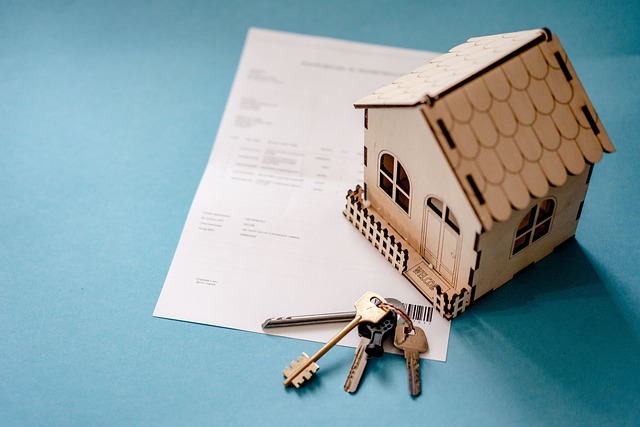Strategic Approach to Real Estate Flipping in a Volatile Market
The volatile market often presents unique opportunities for real estate investors who are willing to take some risk. Let's delve into the nuances of real estate flipping in such a market, discuss its potential benefits, challenges, and impact. House flipping, the process of buying a property and selling it for a profit, is not a new entrant in the real estate arena. The concept took off in the late 1980s and gained momentum during the housing boom of the early 2000s. However, the 2008 financial crisis led to a temporary slowdown. It regained its footing in the recovery phase following the crisis, with investors capitalizing on distressed properties.

Current Scenario in Real Estate Flipping
In recent years, real estate flipping has evolved, with investors becoming more strategic. The volatile market, influenced by factors such as economic instability, political changes, and more recently, the pandemic, has made the flipping game trickier. However, according to a report by ATTOM Data Solutions, house flipping hit a 14-year high in 2020, accounting for 5.9% of all home sales, suggesting that opportunities still exist.
Advantages and Challenges of Flipping in a Volatile Market
Flipping houses in a volatile market can offer high returns due to the potential to purchase properties at significantly lower prices. The volatility can create a buyer’s market, where investors can negotiate better terms and prices.
On the flip side, the unpredictability also presents challenges. There can be unexpected shifts in the housing market prices, difficulty in obtaining financing, and increased risk of loss. An investor must be ready to bear these risks.
The Impact on Buyers, Sellers, and Investors
For buyers, purchasing a flipped house can offer a move-in-ready home, often in a desirable location. Sellers, particularly those in a distressed situation, can benefit from a quick sale.
For investors, flipping can provide a substantial return on investment if executed strategically. However, it requires a comprehensive understanding of the market trends, the ability to make accurate cost estimates, and effective project management.
Crafting a Successful Strategy for House Flipping
A successful house flipping strategy involves thorough market research, accurate financial analysis, strategic property selection, efficient renovation management, and effective sales tactics. It’s crucial to stay informed about local market trends, understand the costs involved, and have a clear exit strategy.
In conclusion, while the volatile market presents certain challenges, strategic house flipping can still be a potentially lucrative real estate investment strategy. Like any investment, it requires careful planning, diligent execution, and readiness to adapt to market changes.




